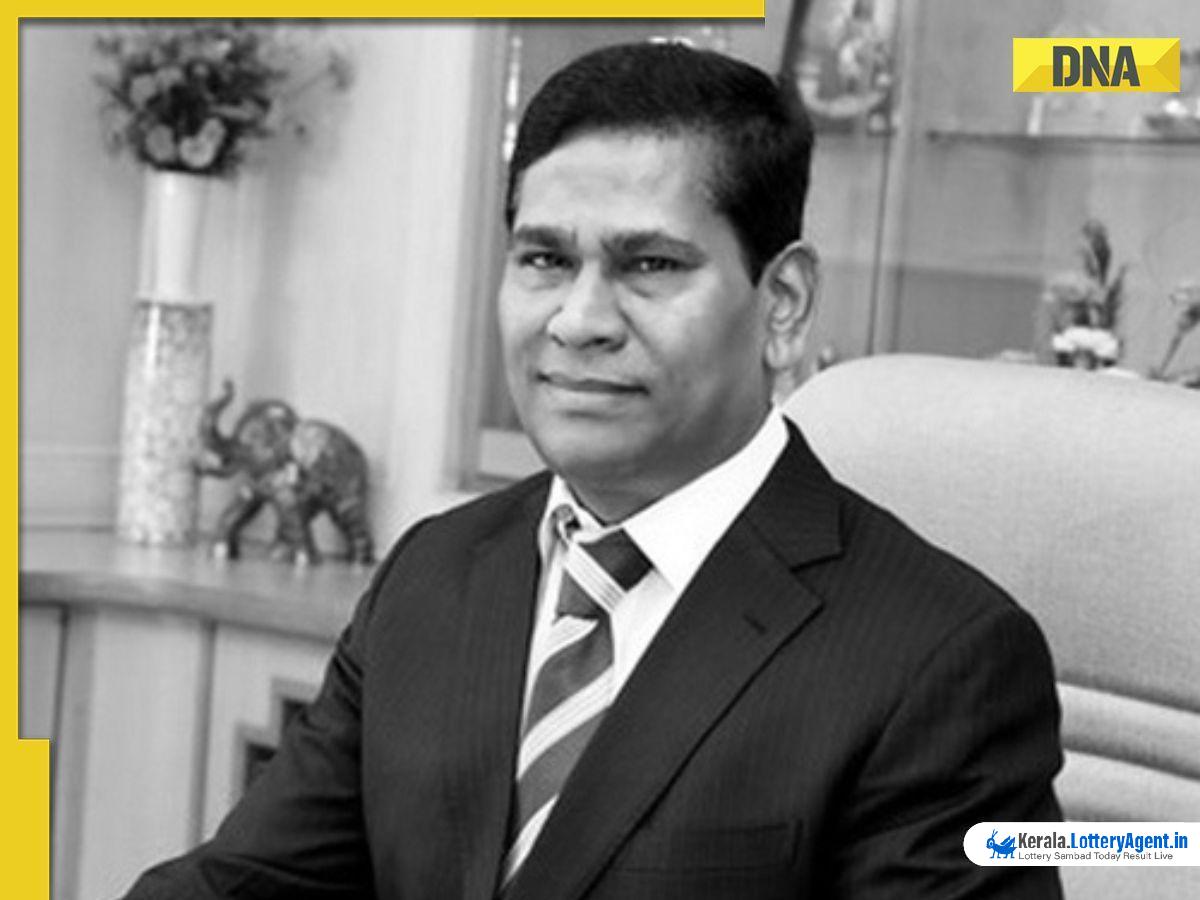
Santiago Martin, affectionately dubbed the “Lottery King,” has become the subject of both reverence and controversy within South Indian business circles. His journey from humble beginnings as a labourer in Myanmar to a business tycoon wielding significant influence showcases a story filled with aspirations, dreams, and political quandaries. The State Bank of India, following an order from the Supreme Court, released information that spotlighted Martin’s company, Future Gaming and Hotel Services Private Limited, as the largest purchaser of electoral bonds.
Electoral bonds, which allow donors to anonymously contribute to political parties, play a significant role in India’s political funding ecosystem. On Thursday, the Election Commission unveiled a list of organizations that had bought these bonds to donate to political causes. Between April 2019 and January 2024, Martin’s company acquired electoral bonds amounting to an astonishing Rs 1,368 crore. This revelation has heightened public interest in Santiago Martin’s complex persona, blending his entrepreneurial success with political intrigue.
Born in Myanmar, Martin moved to India, where he began his journey in business. In 1988, he founded Martin Lottery Agencies Ltd. in Coimbatore, Tamil Nadu. The company quickly capitalized on the massive popularity of two-digit lotteries, becoming a household name in the region. Known for selling dreams of instant wealth to ordinary people, Martin’s company experienced exponential growth. The immense popularity of his lotteries earned him the moniker “Lottery Martin” and catapulted him into the realm of the wealthy and influential.
Following his initial success in Tamil Nadu, Martin expanded his operations into Karnataka and Kerala. Soon enough, he secured licenses to operate in several other Indian states, including Sikkim, Meghalaya, Arunachal Pradesh, Punjab, and Maharashtra. Each of these expansions brought in massive revenue, transforming Martin from a local business figure into an influential entrepreneur with a diverse portfolio.
.
However, Martin’s growing wealth and power did not come without complications. Kerala, a state where lotteries have a significant cultural and financial impact, became the stage for Martin’s first foray into political controversies. In 2008, he made headlines by donating Rs 2 crore to Deshabhimani, the mouthpiece of the Communist Party of India (Marxist). At the time, Martin was also embroiled in allegations of defrauding the Sikkim government to the tune of Rs 4,500 crore.
Martin’s legal troubles did not end there. Since 2019, his company has been under close scrutiny by the Enforcement Directorate (ED) for potential violations of the Prevention of Money Laundering Act (PMLA). The focus of the probe stems from a charge sheet filed by the Central Bureau of Investigation (CBI), which contends that his company was illegally selling lotteries enlisted by the Sikkim government in Kerala. In May 2023, the ED conducted multiple raids in Chennai and Coimbatore as part of the ongoing investigation.
Despite these controversies, Santiago Martin retains a significant level of influence and continues to be a pivotal figure in South India’s lottery business. His involvement in political funding through substantial electoral bond purchases further complicates his public image, portraying him as both a shrewd businessman and a figure of public intrigue.
Martin’s story raises broader questions about the nexus between business and politics in India. The scale of his electoral bond contributions suggests that businesses like his play a considerable role in shaping the political landscape. While electoral bonds provide a channel for legally funding political activities, the anonymity they offer also opens avenues for potential misuse, thus sparking debates around transparency and accountability.
As Santiago Martin navigates the complexities of ongoing investigations and the public scrutiny that accompanies his significant political contributions, his journey continues to captivate both supporters and critics. From a labourer in Myanmar to the self-styled “Lottery King,” Martin’s life story encapsulates the volatile intersection of dreams, entrepreneurship, and political entanglements in contemporary India.












